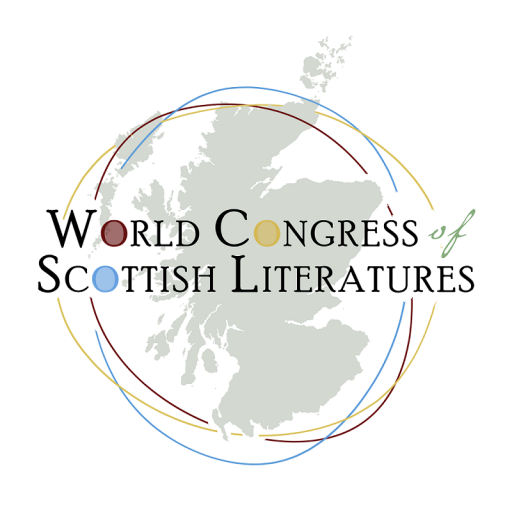Archipelagic Storytelling in the Local-Press Essays of George Mackay Brown
The eclectic, transmedia quality of the genre of the essay – one of the most elusive, open and border-crossing literary forms (Klaus xv) which is also frequently regarded as marginal (Butler 2) – is particularly vivid in the subgenre of the local-press essay, with its focus on the spatially located point of view and informal, rambling, place- and space-oriented composition that aims to give its readers some sort of pleasure (Woolf), as well as establishing the cultural connection and reflection. An example of an interesting aesthetic approach to this type of writing can be found in the archipelagic essayism of George Mackay Brown (1920-1996), a major Scottish poet, who was also a novelist and playwright. Brown continued his weekly contributions to the local papers throughout his creative life, spanning nearly fifty years, which also resulted in a substantial body of his essays republished in numerous collections. His distinctly personal essays with marked aesthetic features offer a poetic and dialogic guide to the archipelagic reality of Orkney seen in diachronic perspective. As might be expected, a man of letters of this format excells in this flexible literary-journalistic form, displaying a peculiar focus on the local as well as glocal readership through the perception-oriented approach. The focus of this chapter is to discuss the patterns of voice, point of view and world structure used by Brown that are transposed by temporal shifts, experiential quality of narration (Fludernik) and the intersubjective techniques (Rembowska-Płuciennik). It will show Brown’s archipelagic storytelling technique that results in the unique realisation of the common essayistic features of “lightness and distance” (Gumbrecht). His essays are as universal as they are regional, focused on the rhythms of individual and community life seen across time and against cultural change. One can see a strong tendency to make the island life description assume the quality of an allegorical reflection on human experience as such. Rather than just staying on the descriptive side, the analysis of Brown’s essays will be done from the methodological position of post-classical narratology, particularly using the concepts of Monika Fludernik (“experientiality” and “narrative othering”), Magdalena Rembowska-Płuciennik (“intersubjectivity”), (“narrative and identity”) Katarzyna Rosner, Alasdair MacIntyre and others.
Halszka Leleń, University of Warmia and Mazury in Olsztyn, Poland
